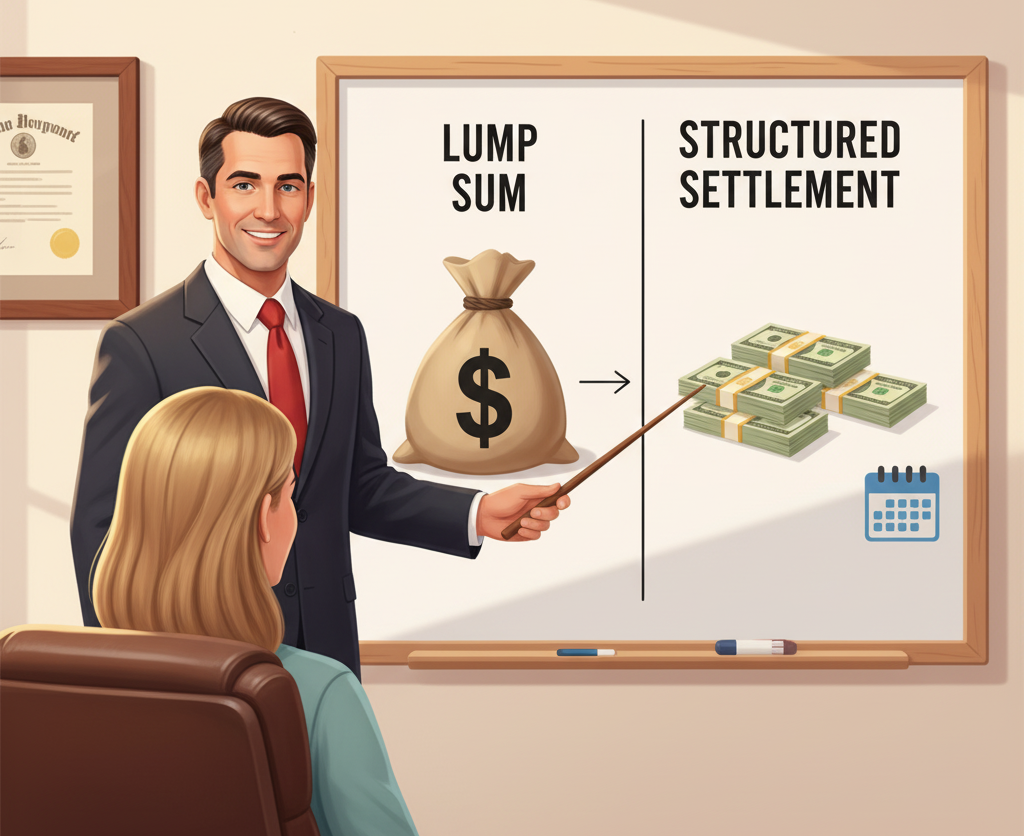Structured settlements may sound complicated, but they are simply payment arrangements designed to provide financial security over time. Typically awarded after legal cases such as personal injury or lottery winnings, structured settlements allow recipients to receive consistent income rather than a single lump sum. This guide explains everything beginners need to know in 2025.

Definition and Purpose
A structured settlement is a financial arrangement where a claimant receives regular payments instead of one large payout. Insurance companies often manage these settlements to ensure reliability. The purpose is to provide stability and prevent recipients from spending all their money too quickly.
How Structured Settlements Work
Structured settlements are usually funded by an annuity purchased from a life insurance company. Payments can be monthly, quarterly, or yearly, depending on the agreement. The flexibility of terms allows settlements to be customized to fit specific needs.
Advantages of Structured Settlements
– Tax Benefits – Many payments are tax-free.
– Financial Security – Guarantees income for years or decades.
– Customization – Payment schedules can be tailored.
– Legal Protection – Court approval ensures fairness.
Disadvantages of Structured Settlements
– Lack of Liquidity – Payments can’t be accessed all at once.
– Inflation Risks – Fixed payments may lose value over time.
– Limited Control – Recipients must follow the agreed schedule.
Selling a Structured Settlement
Some recipients choose to sell part or all of their payments for a lump sum. The process involves:
– Requesting offers from companies.
– Submitting documents.
– Gaining court approval.
Selling can provide immediate funds but may reduce the total long-term value.
Investing in Structured Settlements
Investors can purchase settlement rights to gain reliable returns. These investments are attractive for those seeking lower-risk alternatives to stocks or bonds.
FAQs
– Are structured settlements safe? Yes, most are backed by insurance companies.
– Can I sell just part of my payments? Yes, partial sales are possible.
– Do I need a lawyer to sell? While not always required, legal advice is highly recommended.
– Are settlements taxable? Most personal injury settlements are tax-free.
– How long does a sale take? Typically 30–90 days.
Structured settlements are powerful financial tools that provide security and peace of mind. Whether you’re a recipient considering a sale or an investor exploring opportunities, understanding the basics helps you make better decisions. In 2025, structured settlements remain an essential part of the U.S. financial landscape.
